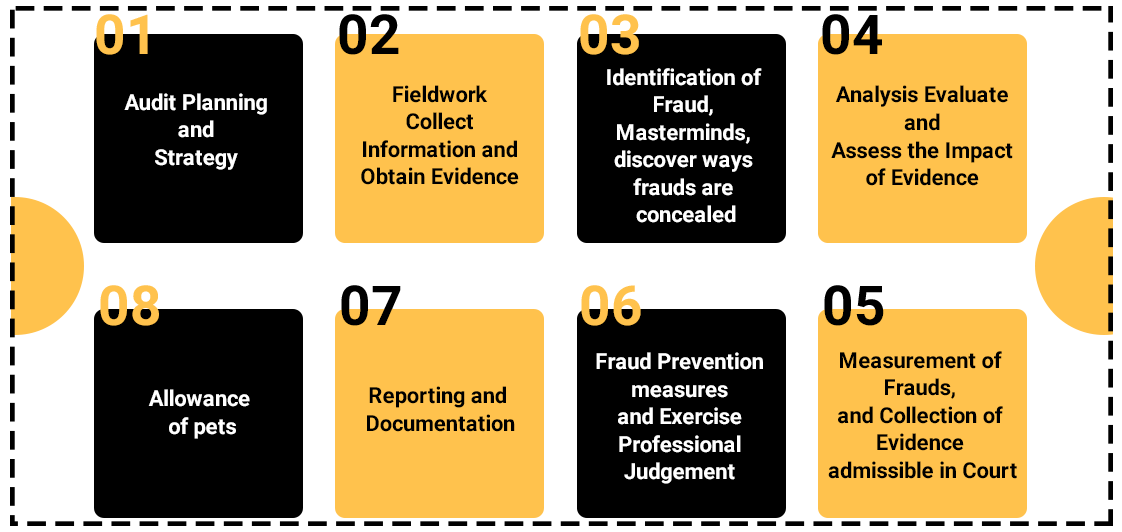Corruption
Corruption is a significant obstacle to socio-economic development and also at different corporate levels. It can have come along with ill effects on the image of the business/company and jeopardize it severely. It consists of any illegitimate use of the office or dishonest behaviour and its resources. In such occurrences, a forensic auditor attempts to look for accounts of extortion and bribery, or anything that will amount to or relate to any conflict of interest.
- Extortion
Taking a step ahead from any corruption, extortion involves the use of force, threat, or violence to extract money from another person/party. For the interest of the company, this may be done on the pretence of ‘protection money’ for sophisticated cyber extortion schemes, small businesses, etc. Moreover, the identification of extortion in company finances reduces its reliability in the eyes of its suppliers, clients, etc. which is the most important reason for having a compacted financial statement.
- Bribery
Bribery refers to the conduct of dishonestly influencing one’s position or role to receive something as well as promising something favourable to the party demonstrating such benefit. There are few problems where bribery arises, not always in such a role/position to offer anything. When one acts beyond his authority, it obstructs the company's profits and interest, which is illegal to do so.
- Conflict Of Interest
Anything on a related note, including bribery, that is done to gain personal profit, and which is unfavourable to the company. By this conducts forms the objective of a forensic audit.
Fraud
There are a few reasons related to the fraud associated with the financial circle of any company. Those are as follows:-
- False and Wilful representation or Assertion
- Perpetrator of Representation
- Intention to deceive
- The representation must relate to a fact.
- The active concealment of facts
- Promise made with no intention of performing it;
- The representation must have deceived the other party.
- Any other act fitted to deceive
- Any such 'act or omission' that the law specially declares as void
- Wrongful Loss and Wrongful Gain is Immaterial
Asset Misappropriation
This included raising fake invoices, misappropriation of cash, payments made to non-existing employees or suppliers, theft of Inventory, or misuse of assets. It comes about in undesirable conditions when people who are entrusted to manage the assets of a company/organization give away from it. Moreover, it can be the greatest detrimental to the company when it may lead to infiltration by other organizations to take control over the control of the victim company. It directly hit on the cash flow of the organization.
Financial Statement Fraud (FSF)
Financial statement fraud is the will full and deliberate misstatement or misrepresentation, creating a false impression and omission of financial statement data to mislead the reader of a Company’s financial strength. Generally, it defers revenues or expenses in a different time period to show consistent earnings or growth. Towards the other extreme, it consists of overstating revenues. It diminishes the confidence of market participants and capital markets in the dependability of financial information.
- Forensic Data Analysis (FDA)
- Fraud Triangle and Fraud Risk
